Here are early warning signs explained by doctor for Childhood cancer in India
Sat 04 Oct 2025, 01:13:28

The word “cancer” can send shivers down anyone’s spine. It is often seen as a disease of older adults, but the truth is more sobering: cancer can strike children, too. According to the WHO, about 400,000 children and adolescents (ages 0–19) are diagnosed worldwide every year. In India alone, over 50,000 new cases of childhood cancer are reported annually, nearly 3–4 per cent of all cancers in the country.
The good news? When detected early, many childhood cancers are curable. Studies suggest that over 80 per cent of paediatric cancers respond well to timely diagnosis and treatment in specialised centres. That’s why vigilance is critical. Parents don’t need to live in fear, but they do need to be aware.
As Dr Ganesh Shiwarkar, Senior Consultant - Paediatrics & Neonatology, Surya Mother and Child Super Speciality Hospital, Pune, explains: “Childhood cancers are not a death sentence. But delays in diagnosis often cost precious time. Awareness of red flags can empower parents to act quickly.”
Early warning signs parents should never ignore
While many of these symptoms are common in routine illnesses, their persistence, recurrence, or unexplained worsening should be taken seriously and medically evaluated.
1. Persistent fever
A fever that refuses to resolve with usual care may be more than just an infection.
2. Unexplained weight loss
Failure to gain expected weight despite a normal diet is a potential red flag.
3. Unusual lumps or swellings
Especially in the neck, armpit, abdomen, or limbs, lumps that persist or grow must be investigated.
4. Frequent or recurrent
infections
infections
Infections that linger or keep coming back may indicate an underlying immune system issue.
5. Constant fatigue
Tiredness that is disproportionate and persistent is not normal in a child.
6. Bone or joint pain
Unexplained pain, especially at night, is an important symptom that should not be ignored.
7. Vision and neurological changes
Sudden vision issues, persistent headaches, nausea, or vomiting can indicate serious problems.
8. Easy bruising or bleeding
Frequent nosebleeds, gum bleeding, or unexplained bruises need prompt evaluation.
9. Swollen lymph nodes
If they are painless, persistent, and enlarging, they must be checked.
10. Respiratory symptoms
A persistent cough or shortness of breath without a clear reason should raise concern.
11. Fever with rashes
Conditions like purpura and unexplained skin bleeding spots (ecchymosis) can also be red flags.
Not every fever, lump, or bruise means cancer, but ignoring persistent or unusual symptoms is a mistake parents cannot afford to make. Childhood cancers, when caught early, are highly treatable.
As Dr Shiwarkar stresses, “Informed vigilance is the best ally of parents. If something in your child’s health feels unusual and does not improve, consult a paediatrician without delay.”
Disclaimer: Tips and suggestions mentioned in the article are for general information purposes only and should not be construed as professional medical advice. Always consult your doctor or a dietician before starting any fitness programme or making any changes to your diet
No Comments For This Post, Be first to write a Comment.
Most viewed from Health
AIMIM News
Latest Urdu News
Most Viewed
May 26, 2020
Should there be an India-Pakistan cricket match or not?
Latest Videos View All
Like Us
Home
About Us
Advertise With Us
All Polls
Epaper Archives
Privacy Policy
Contact Us
Download Etemaad App
© 2026 Etemaad Daily News, All Rights Reserved.



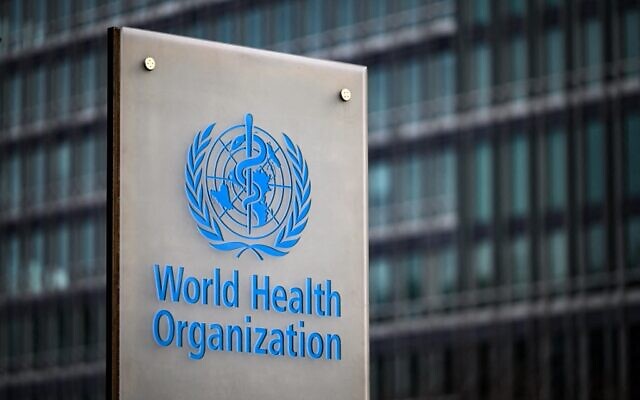

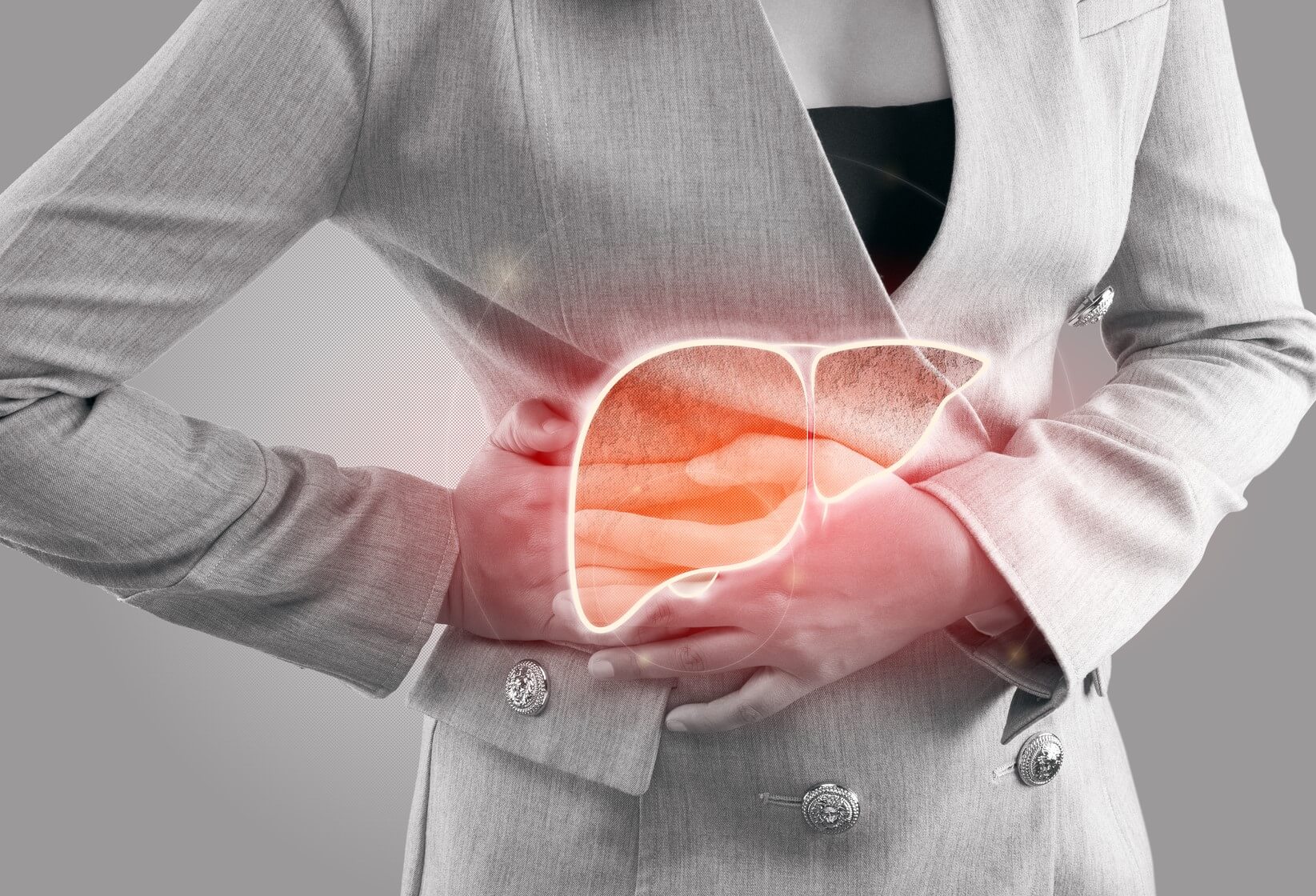

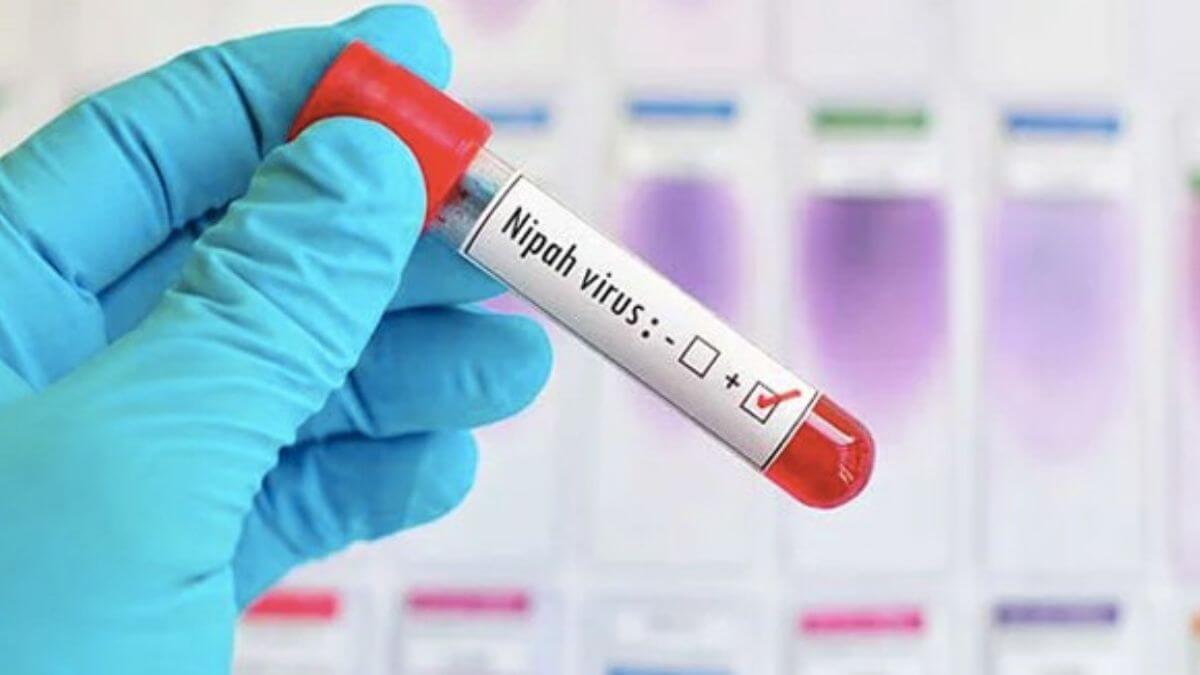



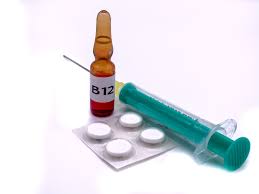
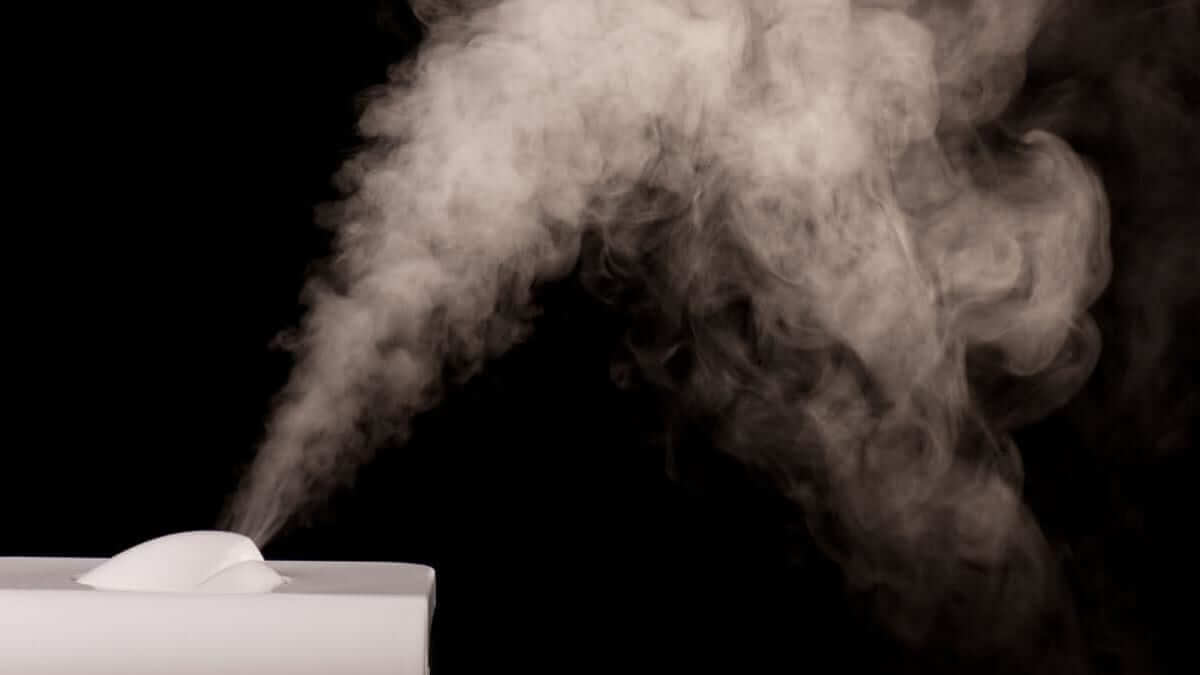












.jpg)
.jpg)
.jpg)


